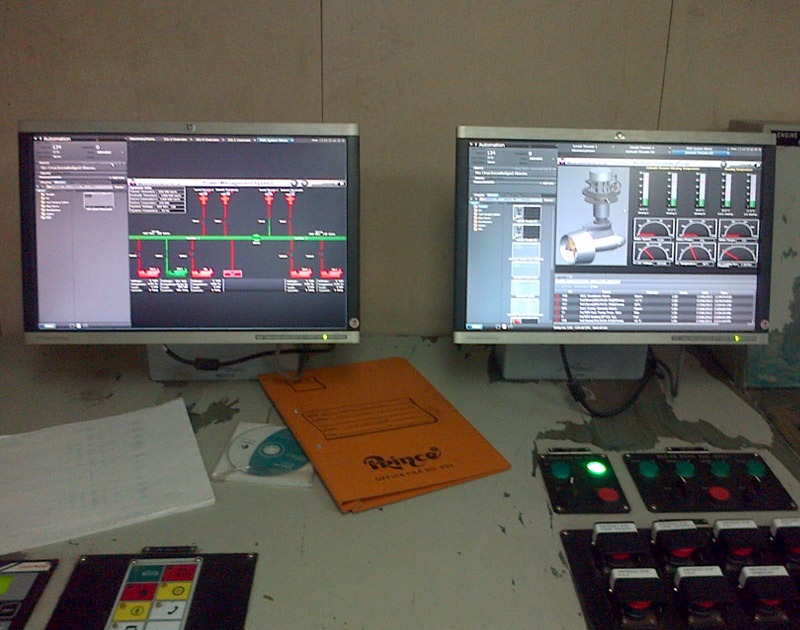Survey Audit Vetting
Surveys:
Scope of work:
- Assisting vessels for preparation of undergoing various Class & Statutory surveys. Will provide technical support with shore-based workshop assistance as necessary.
- Supervision of Hull & Machinery surveys. Carry out periodical and/or special maintenance of machineries; and provide class approved Work Done Certificate for survey purpose. Will provide technical support with workshop assistance as necessary.
- Supervising and conducting various repairs by our class approved workshops during the vessel’s dry-dock; and passing class surveys.
- Save on down time for vessel or company with more efficient audits
- Save time with preplanning for records retrieval and pre-review of documentation records
- Informed, preplanning, insightful, organized, aware in advance planning for more efficient audits
- Combined ISM and ISO audits

Ship’s Audits:
- Ship’s Internal Audits (ISM/ISPS/MLC) by our class certified internal auditors, in line with Ship Owner’s ISM Manuals.
- Provide assistance to vessels for closing of Observations, Deficiencies and/or Non-Conformities, with shore-based workshop support as necessary.
Pre-Vetting Inspection:
(Ship vetting services from desktop analysis to onboard inspection.)
- Ship’s vetting is a risk assessment process carried out by the Charterers and Terminal operators in order to avoid employing substandard ships. Access to accurate ship inspection data is the core of a vetting process. Although each individual company may carry out its own ship inspection, valuable use can be made of third-party inspection reports prepared by third party pre-vetting inspectors, and that’s where Kiss Global Solutions comes in.
- Our experienced inspectors will carry out a thorough Pre-Vetting inspection in line with the industry controlled inspection regimes such as ISIS, SERI, CDI, EBIS, BIRE, OVID, RIGHTSHIP, etc; enable the ship to pass through the Charterer’s or Terminal’s Vetting Inspections.
- An accurate ship inspection report is the core of the vetting process. This must be positive information, as only negative information is not enough. The minimum requirements, as outlined by a company’s ship acceptance procedures, need to be rigorously applied to the ship inspection reports. This will allow identifying any non-compliance as well as the corrective measures that the ship operators have implemented to remedy these non-compliances.








